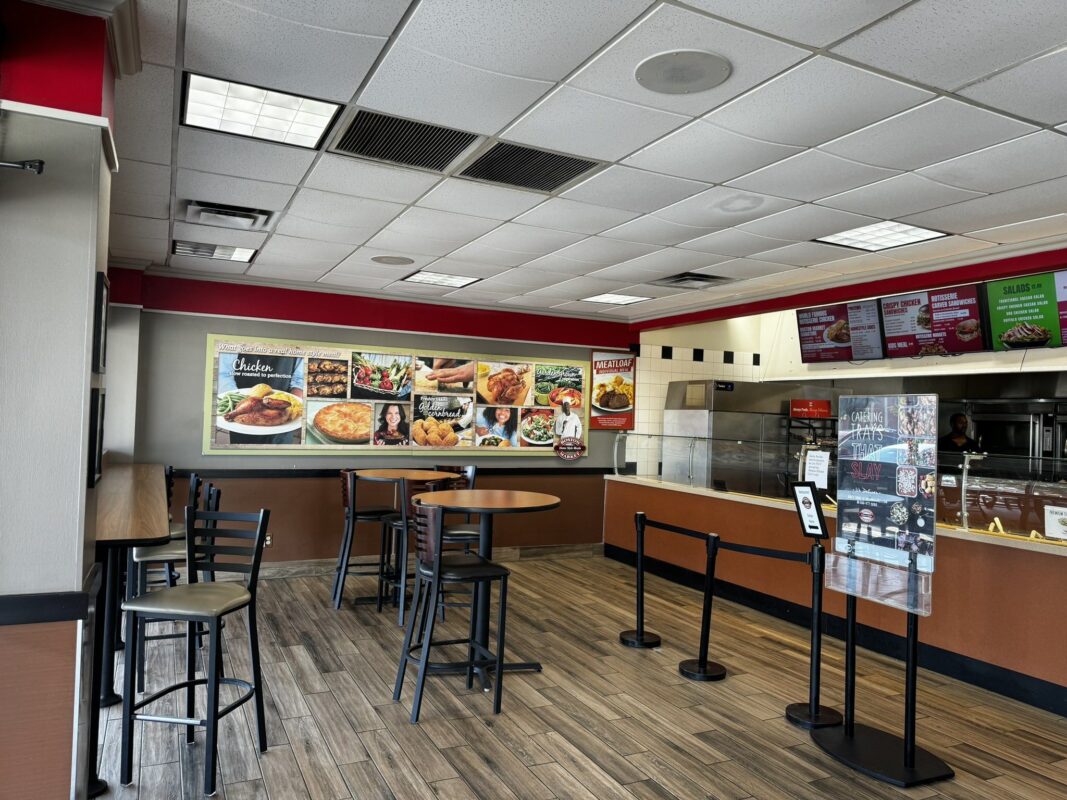Once a beloved staple of the fast food landscape with over 1,200 bustling locations, an American iconic restaurant now faces the somber reality of closing its final 27 restaurants. This marks the end of an era for a chain that was synonymous with rotisserie chicken and comfort food. The dramatic decline over the years highlights not only its struggles but also broader challenges within the fast food industry. Of course, I’m talking about Boston Market.
The chain’s woes began to escalate following its acquisition by Jignesh Pandya’s Engage Brands, LLC four years ago. Initially, there was optimism that new ownership might revive Boston Market’s fortunes. However, the reality has been far from hopeful. Pandya himself declared bankruptcy, revealing liabilities between $10-50 million. This financial turmoil was exacerbated by legal judgments against him related to another enterprise he owns, Yum Brands, which faced a significant penalty tied to legal issues with Pizza Hut.
Can’t believe i actually found an open Boston Market !!! Last 3 I had tried to go to were closed down. pic.twitter.com/0RMBazGoIO
— RicksCEO (@RicksCEO) August 14, 2024
The financial struggles didn’t stop there. Engage Brands, although initially thought to remain unaffected, found itself embroiled in serious legal challenges. A court mandate ordered the company to pay $15 million to its vendor, US Foods. Additionally, hundreds of lawsuits have been filed against both Boston Market and Engage Brands for unpaid debts. In a notable instance, a court ordered the brand’s bank to release all funds to US Foods, a directive it couldn’t fulfill due to numerous other claims.
Pandya’s attempts to file for Chapter 11 bankruptcy for Engage Brands were thwarted, with courts rejecting his petitions and barring further filings until October. Boston Market’s headquarters have been seized over unpaid taxes, and the company’s store locator paints a misleading picture, listing locations that no longer exist. The few remaining Boston Market outlets continue to operate, but this is due to ongoing court proceedings rather than any resurgence in business.
The fall of Boston Market underscores the difficulties legacy brands face in an evolving fast food sector. As consumer preferences shift towards healthier and more diverse options, traditional chains must innovate or risk obsolescence. Boston Market’s failure to adapt is a cautionary tale for other industry stalwarts.
The impending closure of Boston Market’s remaining locations suggests that, barring a miraculous turnaround, Chapter 7 bankruptcy looms, which would precipitate the immediate closure of all stores. This scenario serves as a stark reminder of the necessity for adaptation and resilience in a fast-paced food industry that punishes complacency.
As Boston Market faces its final curtain, it becomes a poignant symbol of the challenges and unpredictabilities inherent in the restaurant business, offering valuable lessons for those navigating the ever-shifting tides of consumer demand and market dynamics.




Leave a Comment